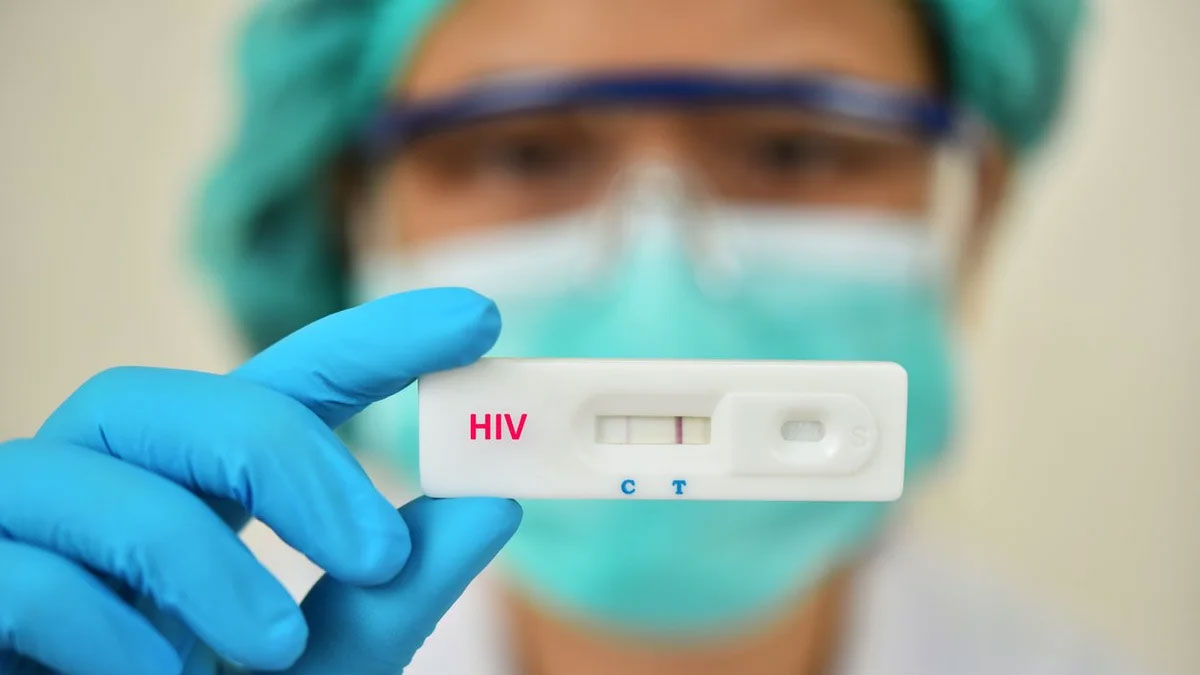
Urgent action is needed to combat the HIV crisis in the country as 13 of our people have died in the first 6 months of this year, and according to the Minister for Health, Dr Ratu Atonio Lalabalavu, people will see the cases increase before it starts to decrease.
While responding to the question from government backbencher Kalaveti Ravu on the National HIV Surge Strategy 2024-2027, Dr Lalabalavu says age-related deaths have also increased over the years, with 25 deaths in 2021, 46 in 2022, 82 in 2023, and 13 deaths this year.
He says Fiji has surpassed Papua New Guinea in terms of HIV cases, and we are the second fastest-growing epidemic in Asia-Pacific.
He also highlighted that there were 121 new HIV cases in 2021, 245 new cases in 2022, 415 new cases in 2023, and 552 new cases in the first six months of this year.
The Minister adds out of the 552 new cases this year, 97 percent were diagnosed in adults, and 3 percent or 12 cases were diagnosed in children less than 10 years old.
He says the Central and Eastern Division recorded 69 percent or 380 new HIV cases, the Western Division reported 27 percent or 151 new cases, and the Northern Division recorded 3 percent or 90 new HIV cases.
Dr Lalabalavu says the male gender is the most affected, with 69 percent or 381 new HIV cases.
He says mother-to-child transmission of HIV also increased, with 14 new infections diagnosed in newborn babies in 2022, 8 in 2023, and 6 for the period of January to June this year.
He further says that 50 percent of more than 552 new cases were amongst those with injectable illicit drugs.
The Minister says the strategy comprises five priority areas that address the need to increase public awareness and understanding of HIV infections, reduce HIV transmissions, and expedite public health response, treatment, care, human rights and social justice for people living with HIV.
He says the goal of the strategy is to enhance early diagnosis, ensure effective treatment, achieve sustained viral suppression, and foster a supportive environment free of stigma and discrimination to improve the quality of life for individuals living with HIV and reduce transmission rates.
Stay tuned for the latest news on our radio stations

